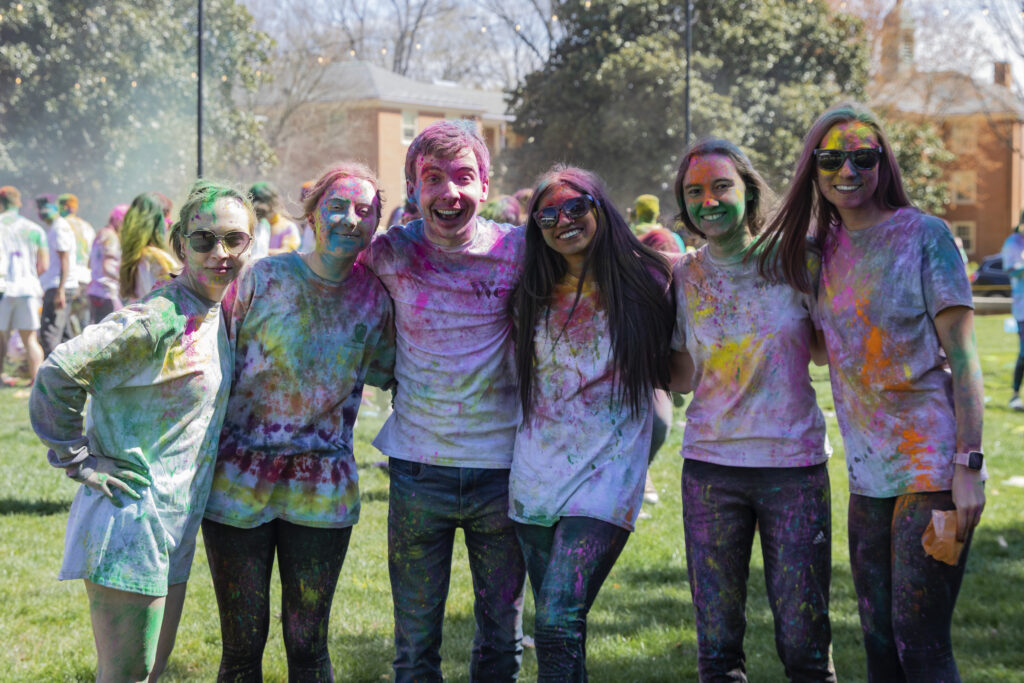Project Wake

A Brave New World
What is Project Wake?
Wake Forest has a long tradition of engaging in a summer academic project on an issue of intellectual and social importance. The tradition includes setting aside time during New Deac Week for students to engage with a faculty or staff member on this issue. This is a great way to build relationships with the faculty and staff who will teach and mentor you as you matriculate through Wake Forest.
The Project Wake 2025 theme is:
A Brave New World
Amid profound global and local change, you are entering a new environment and phase in your life, your own “Brave New World.” You might begin to question what is truth and what is fiction, what it will mean to be a citizen in our democracy, how you will be able to craft your own identity and community freely in our evolving world, how AI and other emerging technologies will alter your world, and possibly even what it means to be human.
Students will be able to choose from a diverse range of texts and media, including written works (books, plays, op-eds, graphic novels), film, video games, musical compositions, podcasts, and visual art.
For more information on Project Wake Discussions visit the Project Wake website.
Event Details
- Date: Sunday, August 24
- Time: 1:15-3 p.m.
- Locations: Varies by subject
- Website: https://advising.wfu.edu/orientation/project-wake/

